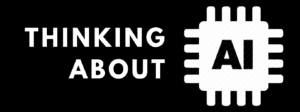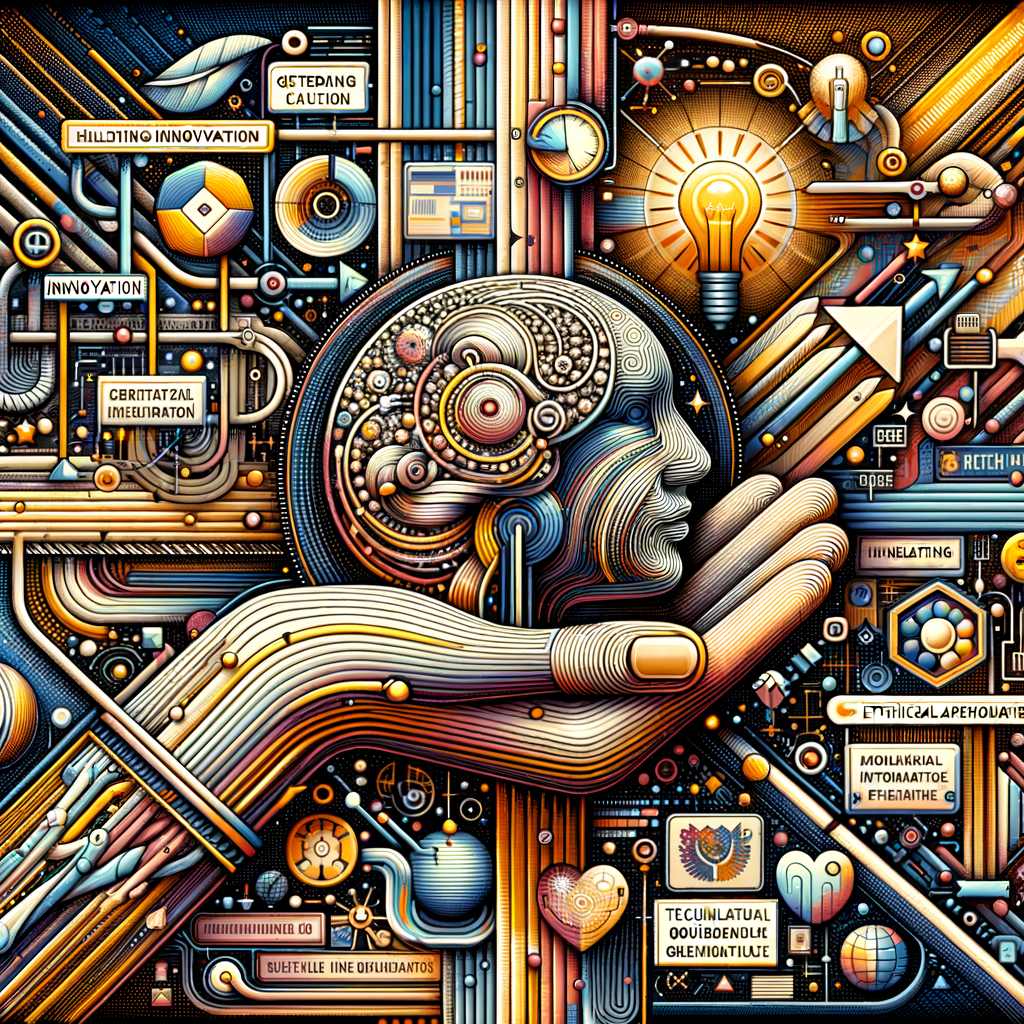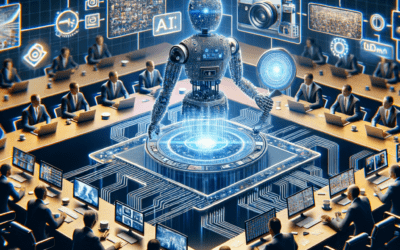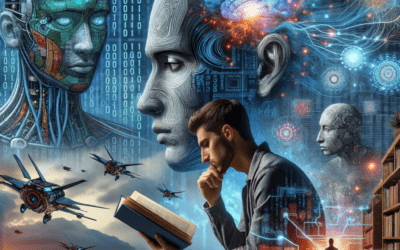Paul’s Perspective:
Understanding the ethical dimensions of AI advancements is crucial for businesses as they navigate the integration of this technology. The discourse surrounding OpenAI’s text AI underscores the fine line between innovation and responsibility that leaders must consider.
Key Points in Article:
- The AI is capable of producing convincingly human-like text, blurring the lines between machine and human-authored content.
- Experts worry about the misuse of this technology, including the spread of fake news or impersonation.
- OpenAI has taken a cautious approach to release, opting not to publish the model publicly to prevent potential abuse.
- The discussion highlights a greater need for ethical considerations and governance in AI development.
Strategic Actions:
- Grasp the capabilities of the new AI in generating human-like text.
- Consider the potential misuses, such as fake news generation.
- Recognize OpenAI’s decision to limit access to the technology as an ethical precaution.
- Assess the importance of establishing ethical guidelines and oversight for AI technology use.
Dive deeper > Full Story:
The Bottom Line:
- OpenAI’s development of a new text-generating AI model has sparked a debate around the ethical implications of such technology.
- The AI’s potential for creating misleading content is at the core of the concerns.
Ready to Explore More?
If the intersection of AI and ethics in your business is something you’re navigating, our team is well-versed in guiding these advancements to support responsible innovation.





